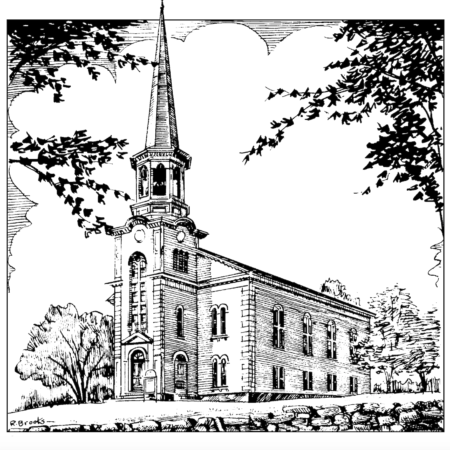The Waiting Period
Acts 1:6-14
6So when they had come together, they asked him, “Lord, is this the time when you will restore the kingdom to Israel?” 7He replied, “It is not for you to know the times or periods that the Father has set by his own authority. 8But you will receive power when the Holy Spirit has come upon you; and you will be my witnesses in Jerusalem, in all Judea and Samaria, and to the ends of the earth.” 9When he had said this, as they were watching, he was lifted up, and a cloud took him out of their sight. 10While he was going and they were gazing up toward heaven, suddenly two men in white robes stood by them. 11They said, “Men of Galilee, why do you stand looking up toward heaven? This Jesus, who has been taken up from you into heaven, will come in the same way as you saw him go into heaven.”
12Then they returned to Jerusalem from the mount called Olivet, which is near Jerusalem, a sabbath day’s journey away. 13When they had entered the city, they went to the room upstairs where they were staying, Peter, and John, and James, and Andrew, Philip and Thomas, Bartholomew and Matthew, James son of Alphaeus, and Simon the Zealot, and Judas son of James. 14All these were constantly devoting themselves to prayer, together with certain women, including Mary the mother of Jesus, as well as his brothers.
Historical Context
Falling forty days after Easter, Ascension Day has never held that important a place in the church calendar. Its place in Christian tradition, however, has been securely fixed by its prominent role in Christian creeds and confessions. A myriad of creeds and confessions echo the claim of the Niceno-Constantinopolitan Creed that Christ “ascended into heaven.”2 Although there are NT references and allusions to Christ’s ascension (e.g., Luke 24:50-53; John 20:17; Ephesians 4:8-10; 1 Timothy 3:16), only Acts 1 provides a full narrative of the event.
Theme: The Waiting Period
The first great act of the apostles occurs when they hike back to Jerusalem . . . and wait.
Indeed, in time the apostles and the rest of Jesus’ followers will be moving outward and bearing witness to Jesus in the power of the Holy Spirit. But not yet. In time the realities about which Jesus spoke–the kingdom of God, forgiveness of sins, release from the things that bind people–will come into clearer view.
We may find the waiting period at the beginning of Acts easy to skip over, as a brief narrative interlude building suspense for the eventual coming of the Holy Spirit in Acts 2. Yet the interval makes an important point about how God will interact with these people. Presumably the Holy Spirit could have come immediately after Jesus’ ascension; but God waits. Rather, God has Jesus’ followers wait. In this waiting they learn, or begin to learn, that they are to be a responsive community, a community that waits upon God to initiate. Whether they walk back to Jerusalem from the ascension with eager energy or paralyzing fear we do not know. All we know is that they have to wait.
The waiting has an active quality to it, going beyond merely sitting around and contemplating the past and future. The apostles wait secluded in a “room upstairs,” where they are “constantly devoting themselves to prayer” along with others who followed Jesus, both men and women. The group remains sequestered, yet expectant. In their waiting they obey Jesus’ recent commands; but, even more, they also express a readiness for the wild stuff yet to come.
The waiting period conditions them to be attentive to God, so that they might respond when the time is right. They wait in a context of enormous and not fully explained expectations. They live in uneasy anticipation of the new realities that Jesus has initiated. Living like this requires just as much courage as if Jesus had told them to go out immediately and change the world using their own brains and muscles.
They wait, not because they see it as their only option, but because they expect big things to come from God–things in which they will be privileged to play important roles.


0 Comments